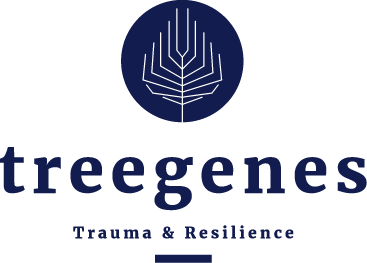6 december 2017 @ 11:54
Trauma & Resilience Initiative: An existential perspective
Dr. Nicole Immler, Dr. Carmen Schuhmann (University of Humanistic Studies)
The interdisciplinary and international research project on ‘Transgenerational Trauma Transmission and Resilience Study of the Holocaust’ has a twofold set-up: it has a quantitative, medical (genetical) research part (which will be done by medical institutions in 2018-2020) and a qualitative part in which narrative interviews are conducted with members from three generations within about 10-15 families of Holocaust survivors, done by researchers of the University of Humanistic Studies in 2017/2018, financially supported by DANS (KNAW) and based upon the VSNU Gedragscode Wetenschapsbeoefening.
Resilience research is an emerging interdisciplinary field of study concerning adaptive processes in the context of adversity. But what is resilience? This research collects three generation interviews with members of the Dutch Jewish community in the Netherlands exploring the legacy of the Holocaust in their families, aiming to explore trauma and resilience. At the University of Humanistic Studies in Utrecht (www.uvh.nl) we are specialized on the theme of resilience. From a humanistic point of view we explore what gives meaning to people in their life and what this means in terms of dealing with adversities in their life.
In the interviews, elements of the BNIM method (Wengraf, 2001) are combined with the Life History Calendar method in order to collect narratives on people’s quest for meaning in life in relation to the Holocaust. Here the focus is on the existential dimension of resilience: processes of preserving or recovering a sense of meaning in life in the context of adversity. In this research we discuss the potential of combining narrative and medical research for studying intergenerational resilience: how can the results of these different types of research be combined and what is the added value of combining narrative and medical research?
In scholarly debates, one assumes that resilience and trauma are somehow reflected in the medical file. Our assumption is that the way people tell about their lives are also determining how people experience their lives. This observation we aim to investigate further and therefore we want to bring – in a last step of this project – both types of data, the medical and the interview, together. With newly established knowledge this project aims to react to a recent, heavily discussed, epigenetic study that provides evidence for the involvement of epigenetic mechanisms in intergenerational transmission of stress in families of Holocaust survivors.
Note: Participation in the medical research is no precondition for doing the interview and vice versa.
